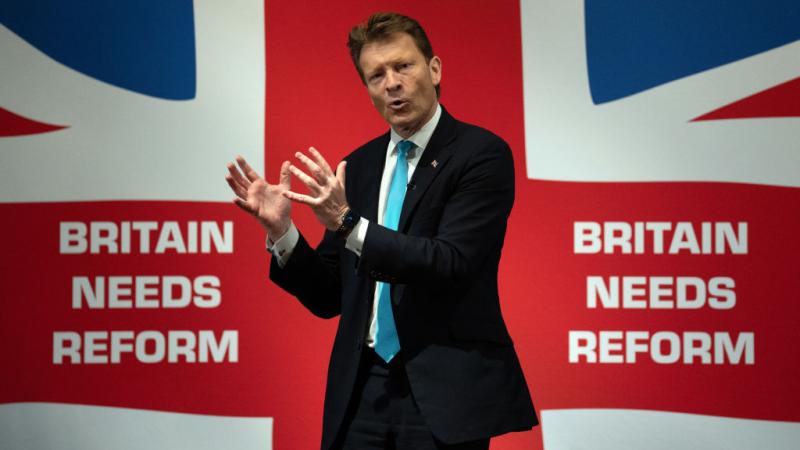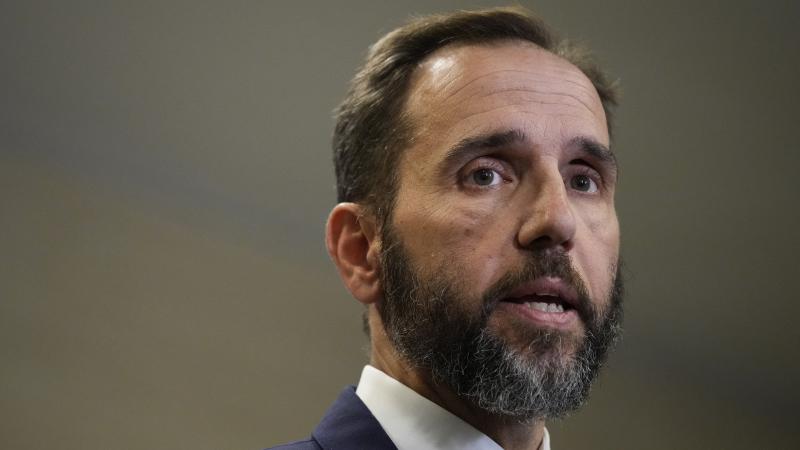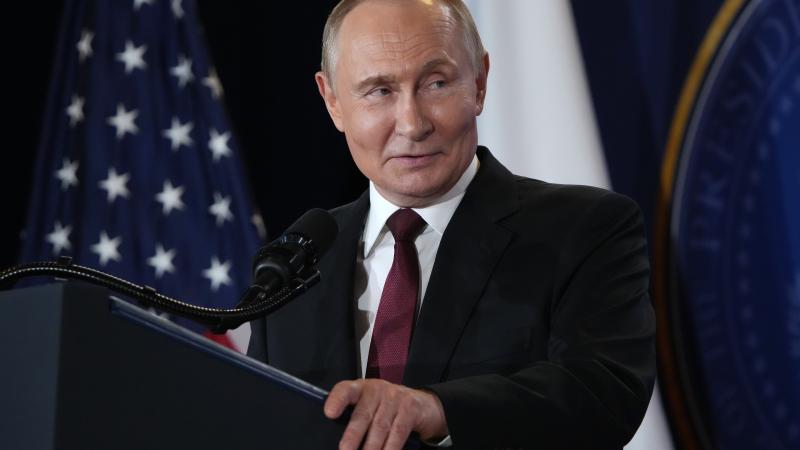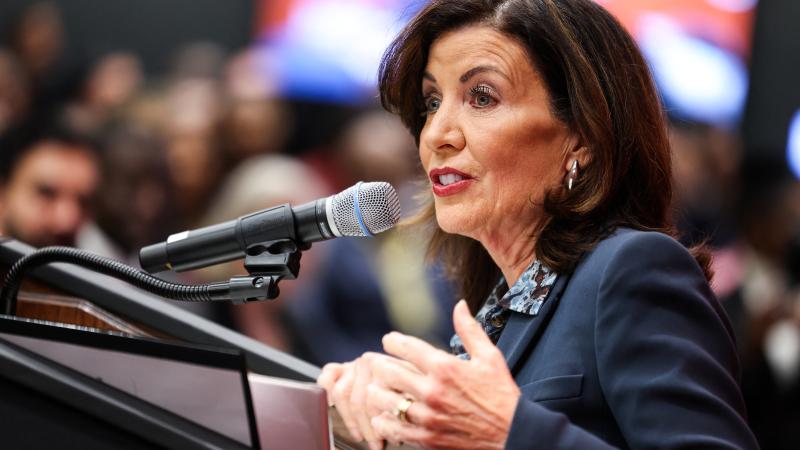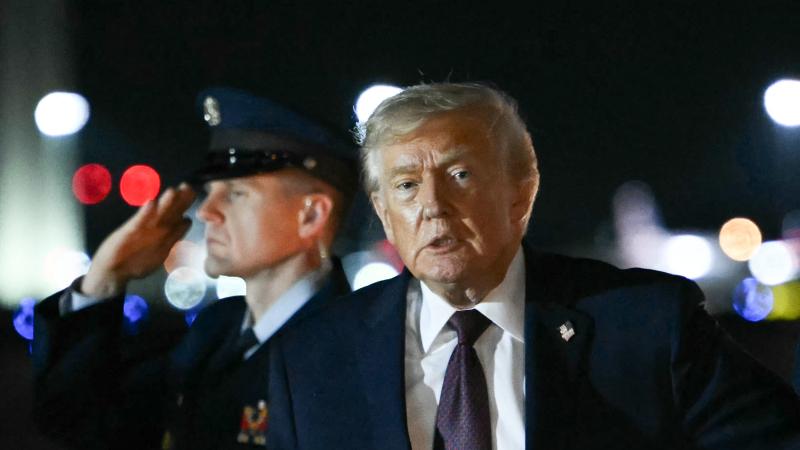WHO chief asks again for global cooperation as cases surge and supply chain issues come into focus
As the virus continues to spread rapidly in some countries, others are seeing spiked numbers after begin to reopen, and others worry about supply chain shortages of life-saving drugs
The head of the World Health Organization on Monday reiterated the point that global leaders should stop politicizing the coronavirus pandemic and focus on coming together to fight it. Dr. Tedros Adhanom Ghebreyesus remind the world that the virus continues to spread in record numbers.
The current number of reported coronavirus infections is accelerating rapidly in Brazil, Iraq, and India. Some U.S. states in the south and south west have reported significantly increased numbers as well, as local governments begin to reopen cities for business.
Germany is presently facing a large outbreak of the virus, stemming from a slaughterhouse. "This is an outbreak that needs to be taken very seriously," said a spokesman for Chancellor Angela Merkel.
India saw 15,000 new cases of the virus on Monday, bringing their case total to just over 425,000. In neighboring Pakistan, hospitals are seeing up to 7,000 new cases a day, as facilities begin to turn patients away due to overcrowding. Forty percent of the nation's 220 million people live in poverty.
President Trump has been vocally critical of Ghebreyesus and the World Health Organization, in general. Several weeks ago, during a Rose Garden address, the president said he would be withdrawing U.S. support and funding from the organization, which he claimed favored a defense of the Chinese government as they kept news of the disease a secret from the world in December and January.
Nearly 9 million people have been infected by the novel virus globally, and almost 500,000 have died. The U.N. AIDS agency has issued a warning that the global pandemic may cause a supply chain crisis of AIDS drugs in developing countries. The agency said that border closures and lockdowns were impacting the production and distribution of the life-saving medicines, which could lead to shortages in the next eight weeks. As of 2019, more than 24 million people across the world were on anti-retroviral medications.
Several global pharmaceutical companies are racing to deliver a coronavirus vaccine, as health policy experts and politicians ruminate on what distribution of the cure will ultimately look like.

